“Being able to reduce our hours we spend in the tractor was high on our list when we were shopping, and we were attracted to the Massey Ferguson 6713 S because it allows us to do multiple things in one pass, saving time and the environment."
The dilemma for dairy farmers is balancing profitability and investing in protecting their environment. The two go hand in hand, you can’t spend any capital on your environment if you aren’t profitable, but if you don’t look after your environment it can hinder your profitability.
Manawatu dairy farmers, Wendy and Richard Ridd, consider the environment extensively when making decisions on their farm.
“Farming can be hard, and we carry a lot of debt, and because we haven’t got anything to fall back on I think it makes it even more important we look for efficiencies and eliminate waste. And a lot of that is what helps our environment naturally,” Richard explains.
“On our farm, we take the approach of making small changes because they add up collectively. We want to genuinely enjoy what we do every day and a healthy environment contributes to that.”
The Ridd’s believe there are three key themes when it comes to improving their environment, with the main one being management efficiencies.
“There are the physical changes you can make on-farm, like fencing waterways, riparian planting, developing wetlands but we also believe there needs to be a strong connection with the community.
We need to help people understand the challenges we face and changing their mindset can really help drive purchasing behaviour,” Richard says.
“There’s lots of help out there too. We have held planting events where people from the local urban community have come to our farm and help plant trees.
And the value in the conversations from each side while you’re all getting stuck in doing the work has really helped both us as farmers, and our urban neighbours understand each other more,” he explains.
The farm is 260 hectares, with a 196 for the milking platform and the rest being utilised as best as possible.

“There are gullies we are planting in trees this year because we don’t carry an appropriate class of stock to graze them, it makes sense to find other ways to utilise those areas,” Richard says.
Their infrastructure limits the size of their herd but a smaller herd allows them to keep their young stock on, which has other benefits. They also have the opportunity to grow their own supplements at home meaning they need sufficient gear for the job and their recent tractor upgrade also had the environment in mind.
“It’s a big investment buying a tractor and we wanted to make sure we were making a good investment for our environment as well,” Wendy says.
“Being able to reduce our hours we spend in the tractor was high on our list when we were shopping, and we were attracted to the Massey Ferguson 6713 S because it allows us to do multiple things in one pass, saving time and the environment.
And even though it’s only a four-cylinder, it has pulling and lifting power comparable to a six-cylinder which is a bonus because we get the advantage of a compact, low weight tractor with good maneuverability with that extra power.
It also has power boost options which mean its efficient on both the lighter and bigger jobs, so we can get away with one tractor,” she says.
“The low weight was another bonus on our environmental shopping list,” Richard says.
“Less weight means less soil compaction and less environmental footprint in manufacturing as it needs less material to build it. And AdBlue and the latest technology to reduce emissions was really important to us when we were shopping, the 6713 S was a great option,” Richard says.
They had already implemented other technologies on-farm, such as TracMap for fertiliser spreading, Ravensdown’s N-Protect, and bagging silage wrap ready for recycling.
“We try to pick the low hanging fruit, there’s lots of little things we can be doing that add up,” he says.
When it comes to making improvements for the environment, the Ridd’s encourage other farmers to ask for and accept help, and explore what grants and funding options are available to help.
“We haven’t planted a tree that wasn’t subsidised,” Wendy says.
“And it’s important to make a plan that suits you and your farm, with what your farming business can afford, remember it is your journey and every farm is different.
There are often management things that can be changed that can help the environment, sometimes at no cost. And financial capability is important, knowing what you can invest,” she says.
They value helping communities understand and encourage farmers to be open and vulnerable to help connect those around them.
“Share your challenges and help educate people, things like the open gates that Fonterra hosts are great for really showcasing what New Zealand farmers are doing,” Richard says.
“But most importantly we need to be proud of what we’re already doing, planting seems to get all the limelight, but there’s more to helping the environment and we are already doing a lot.
We are the most efficient producers in the world and we can’t forget that!”


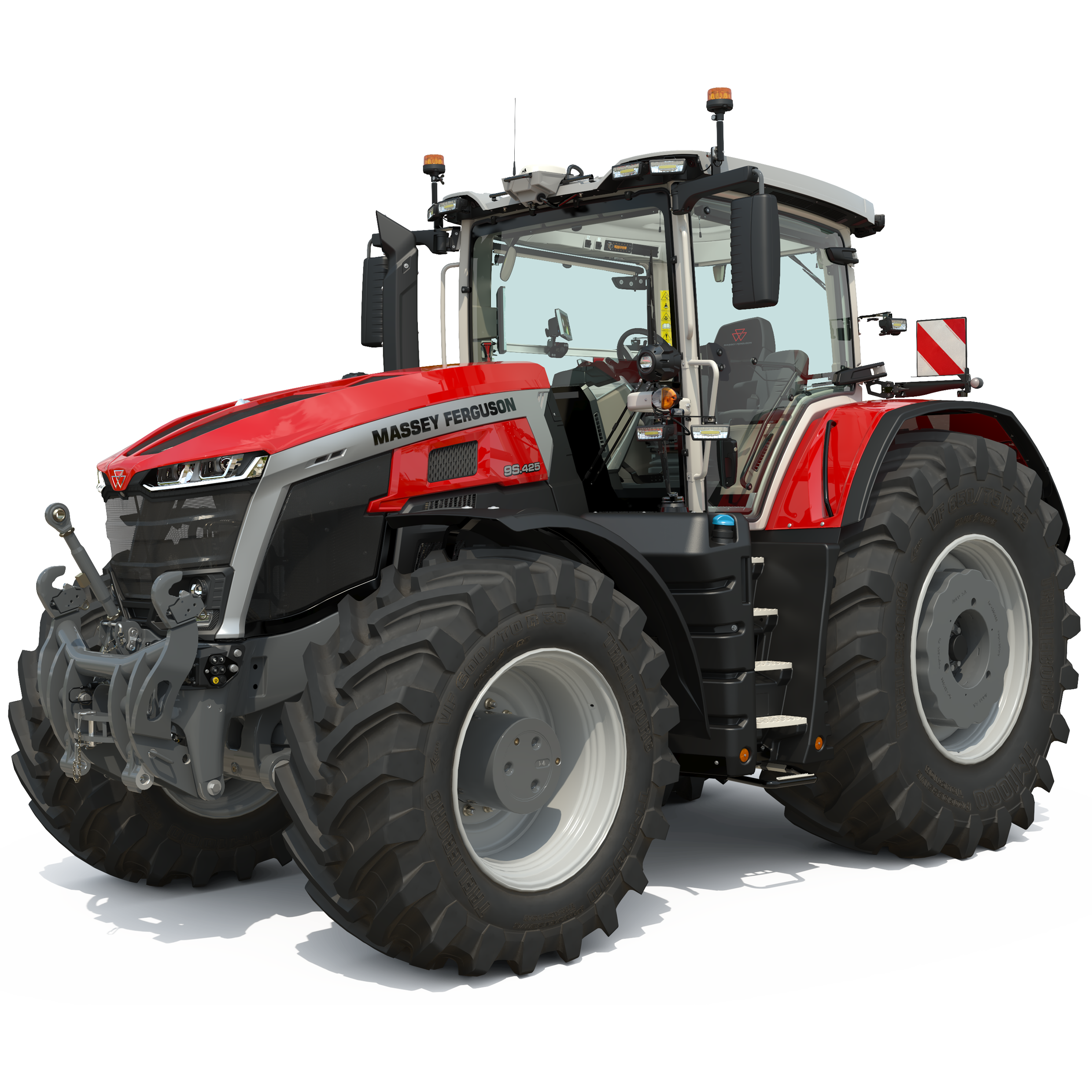
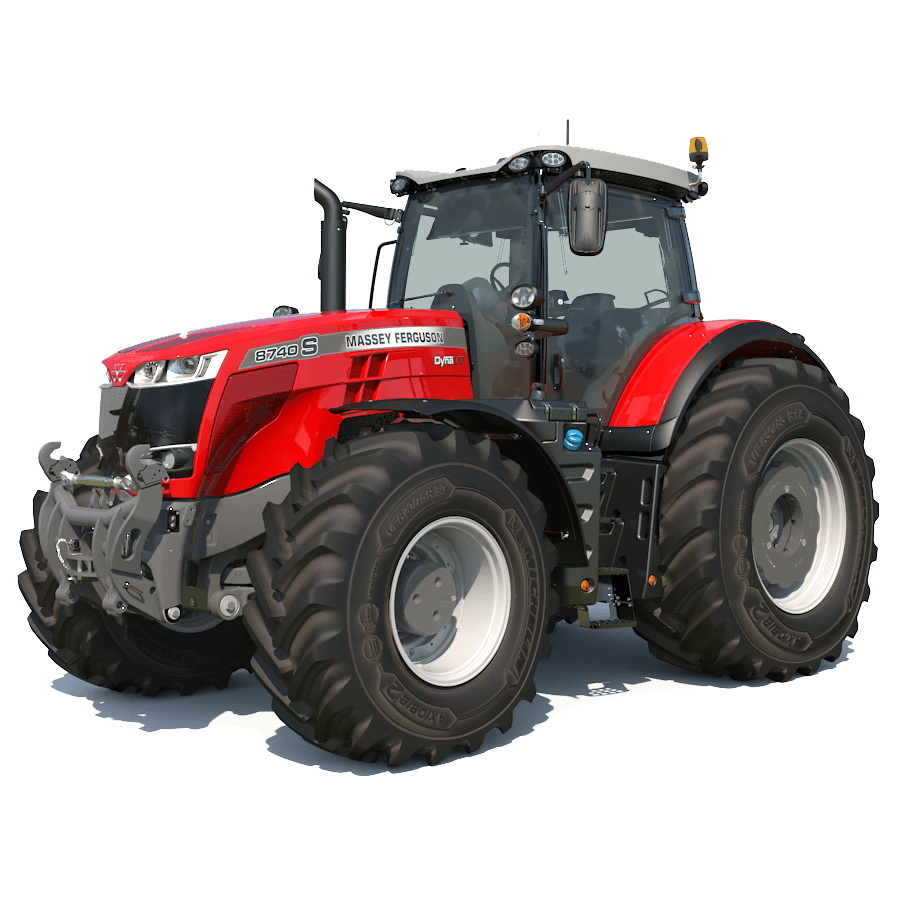
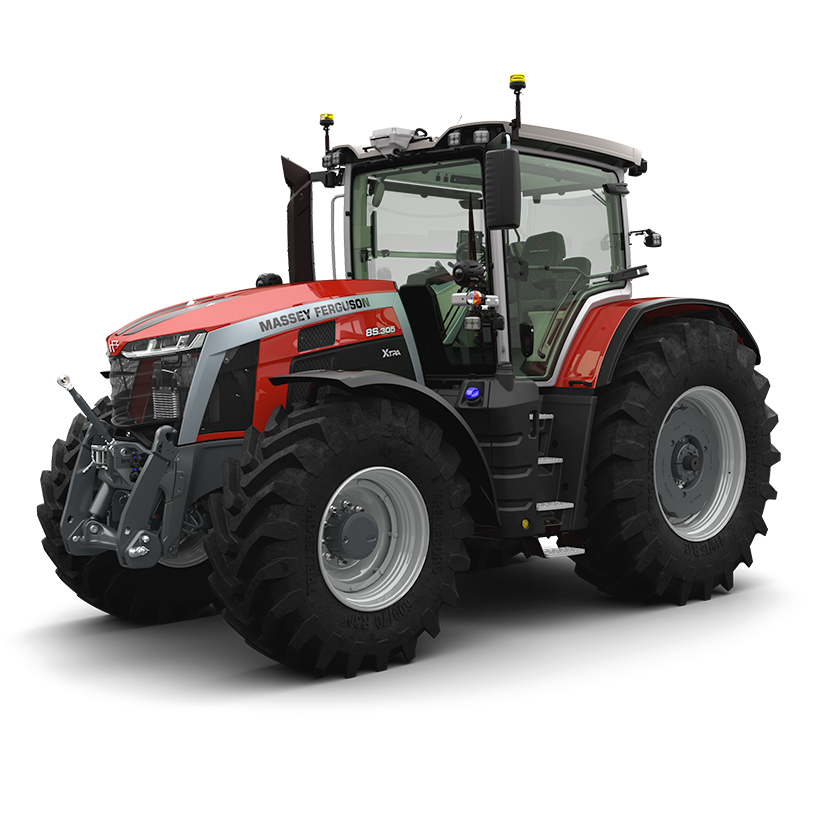
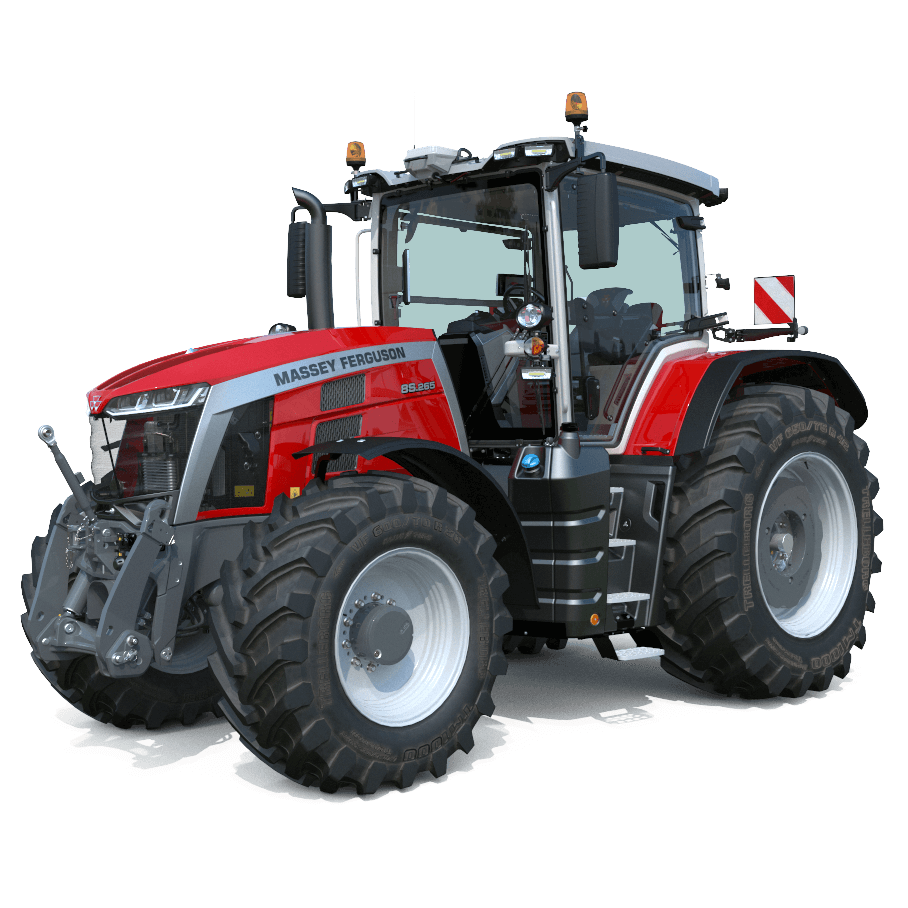

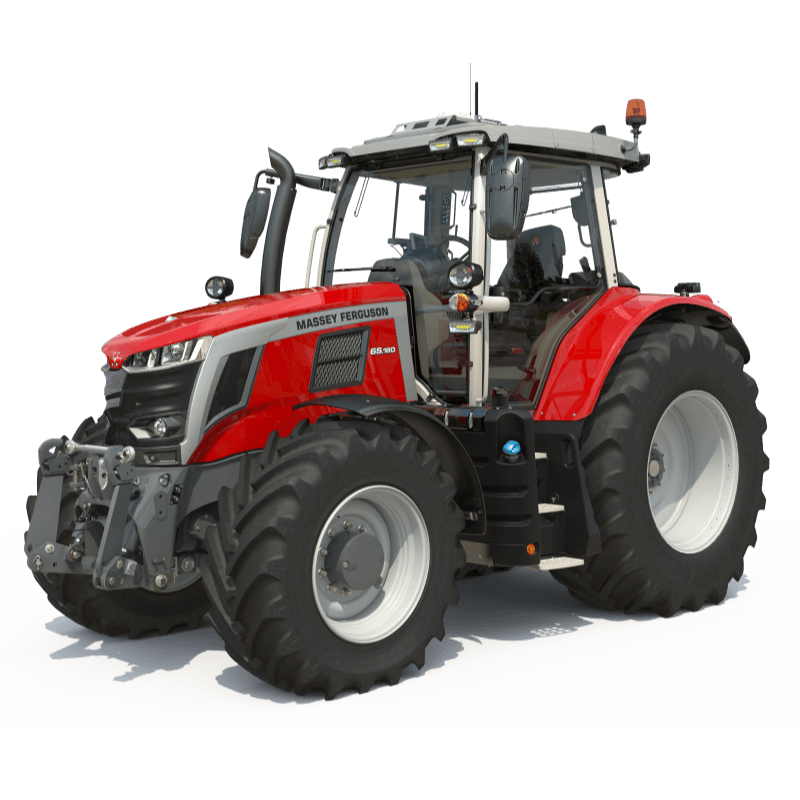
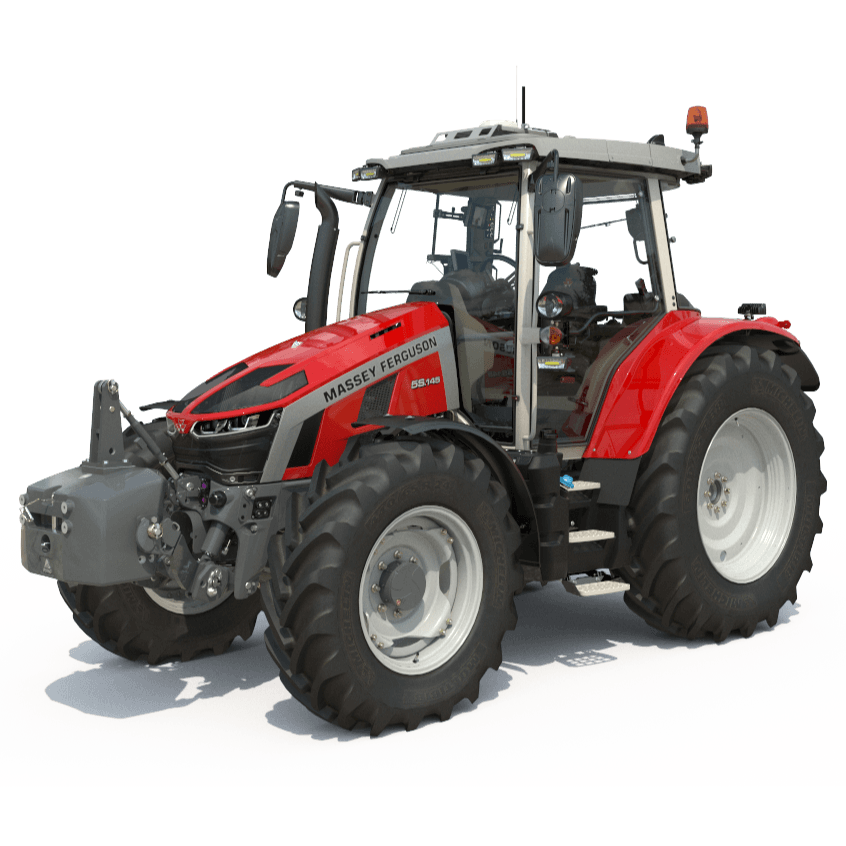




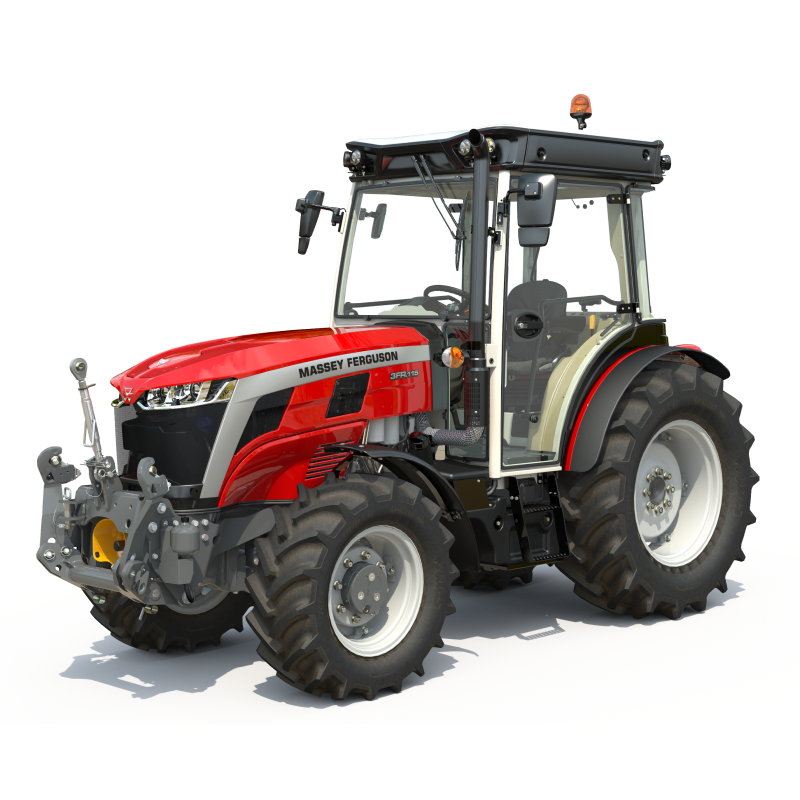







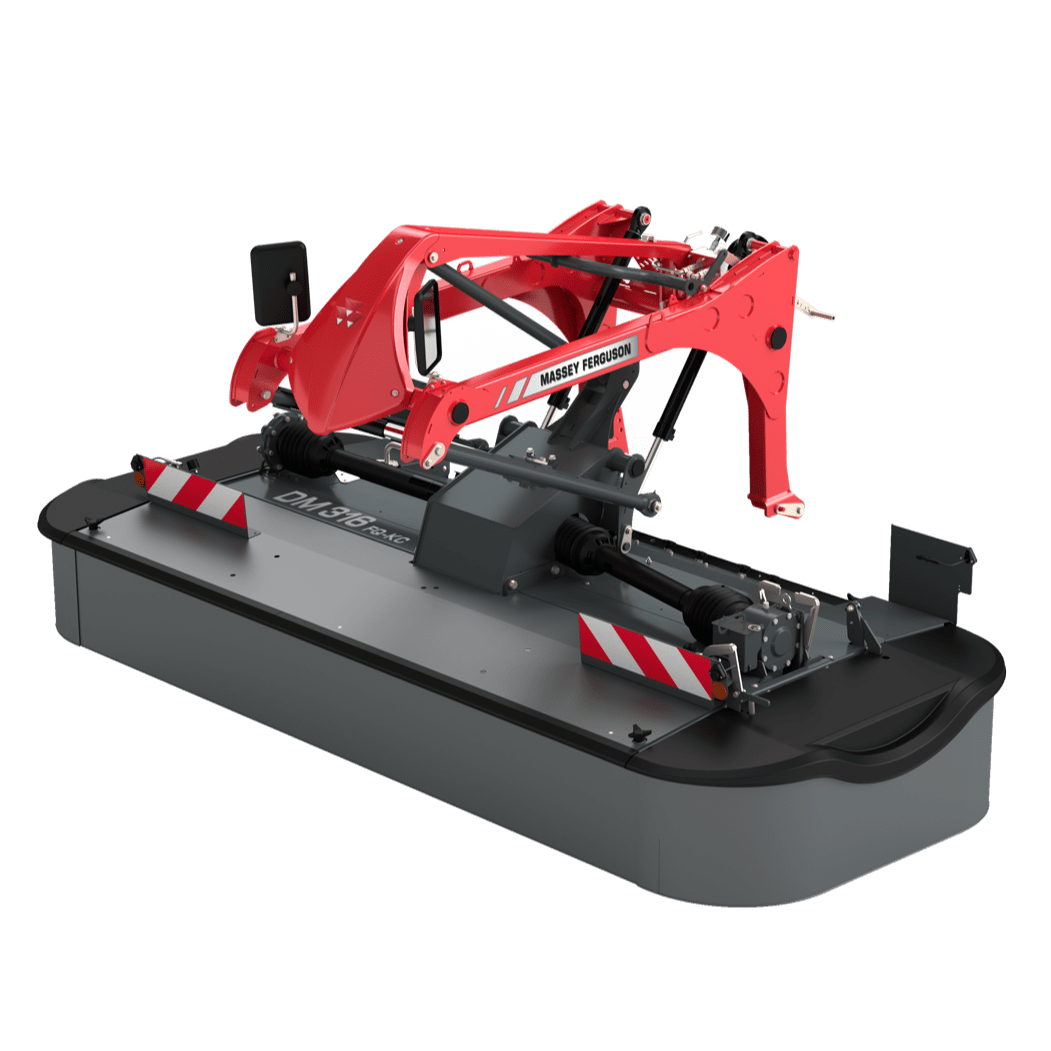




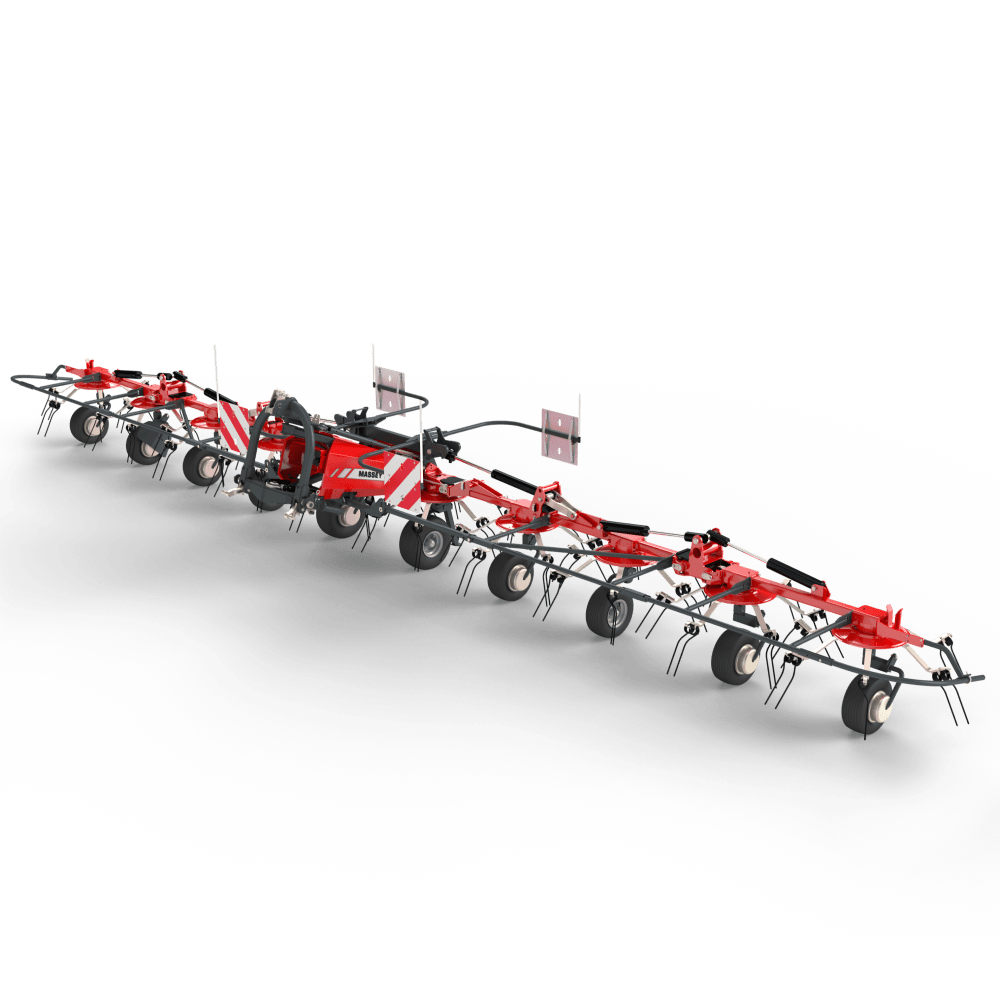
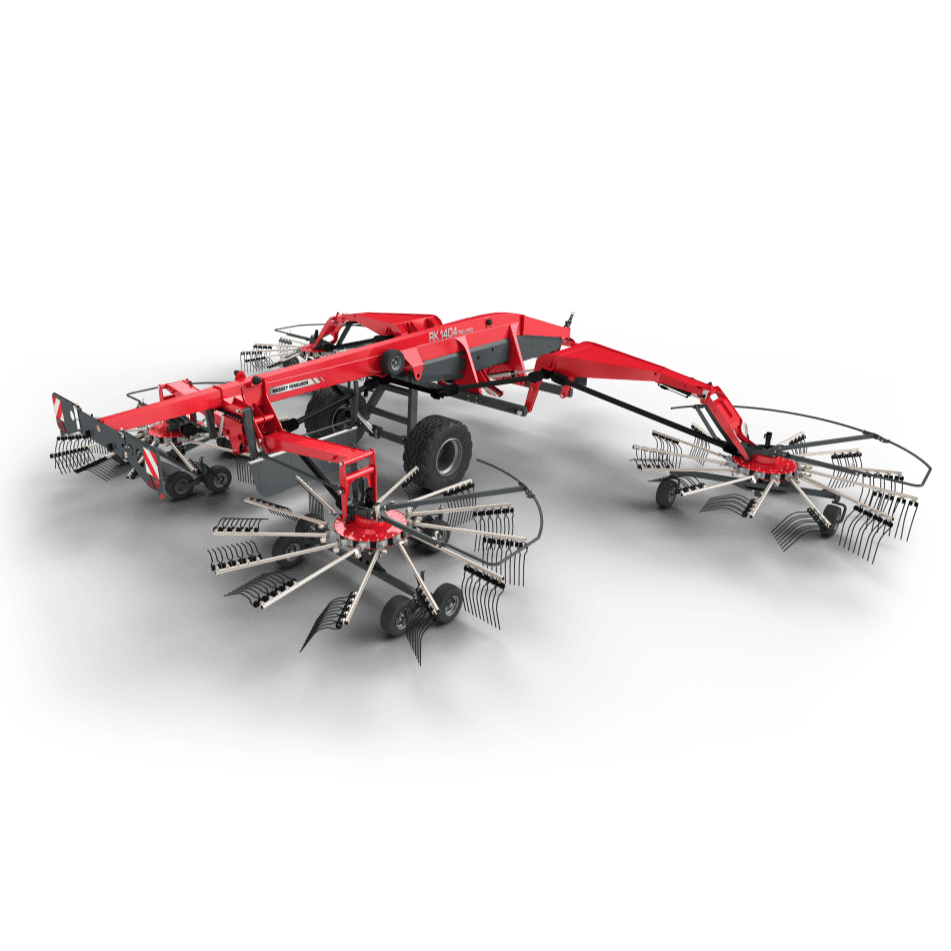

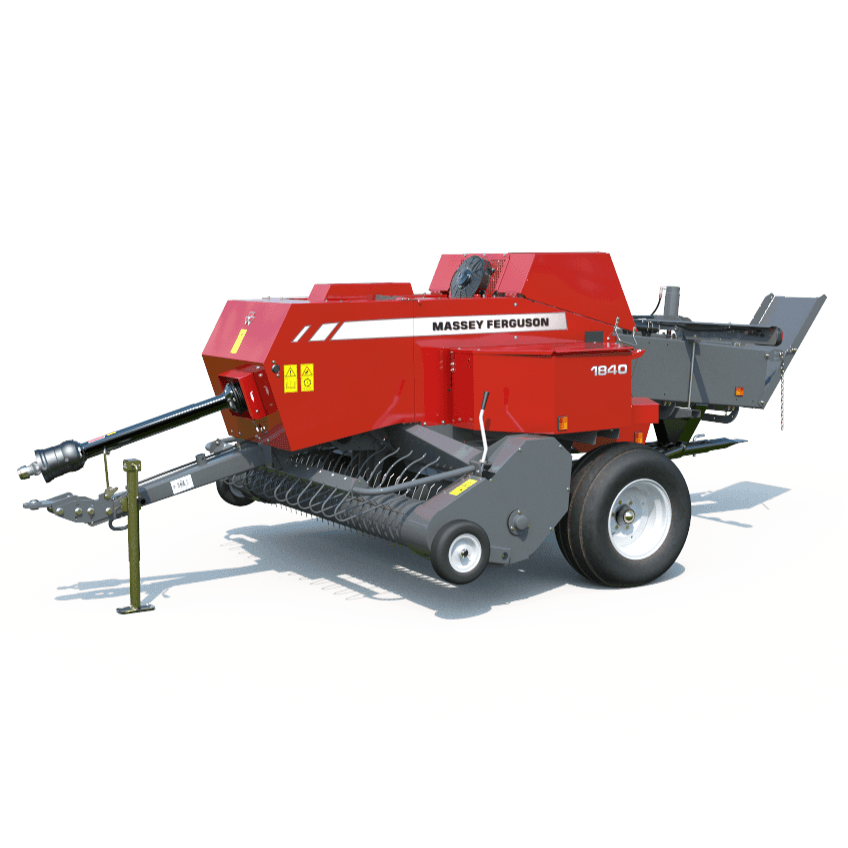
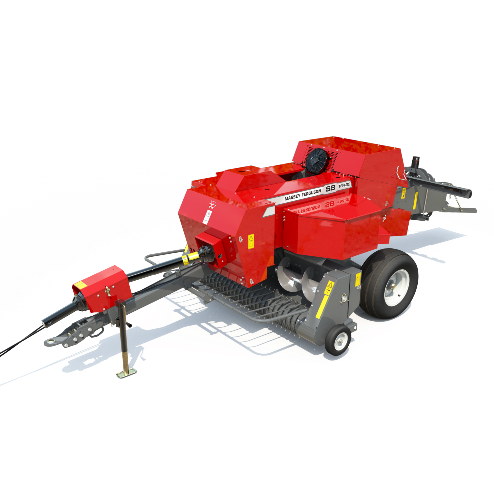
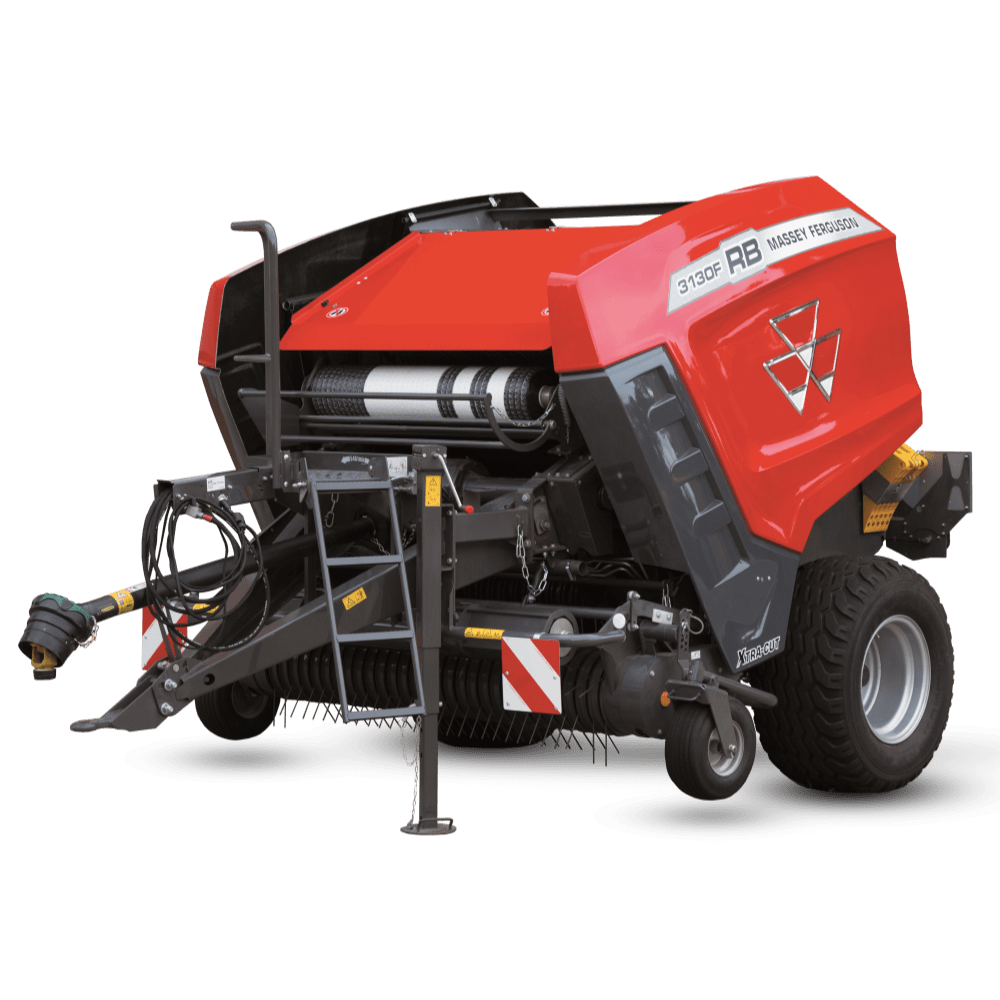
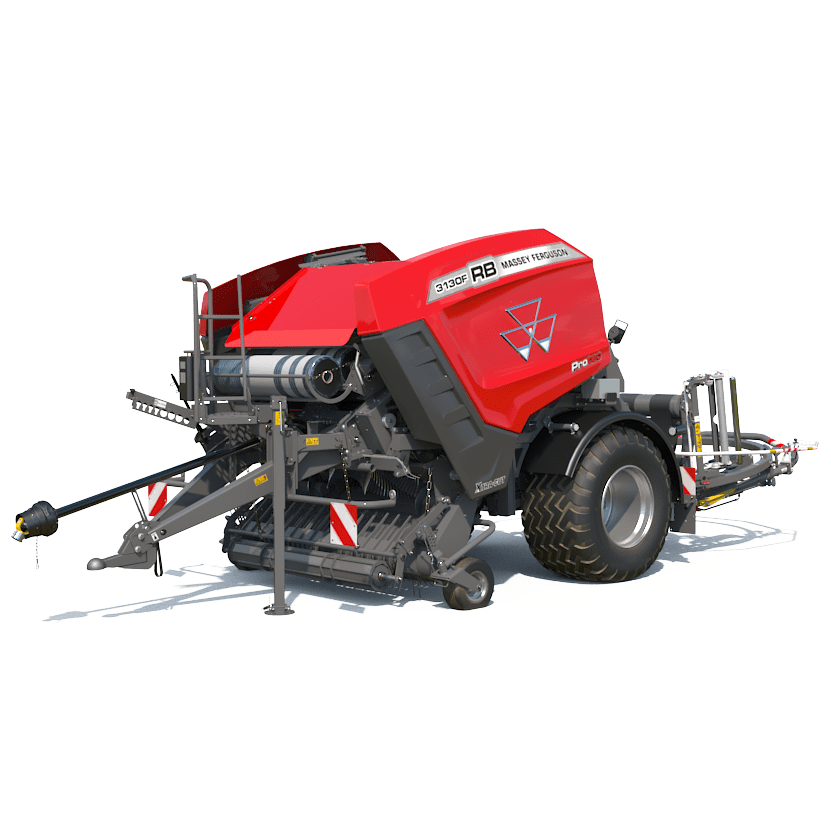
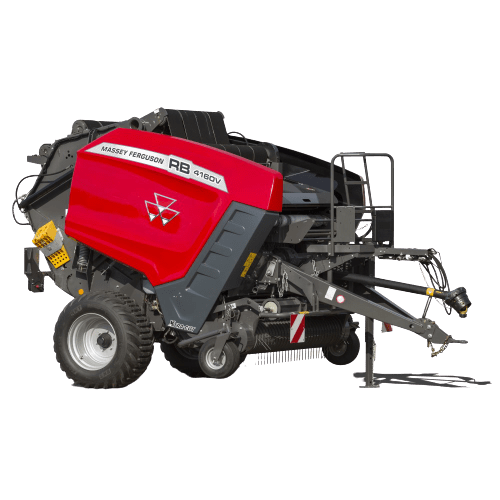
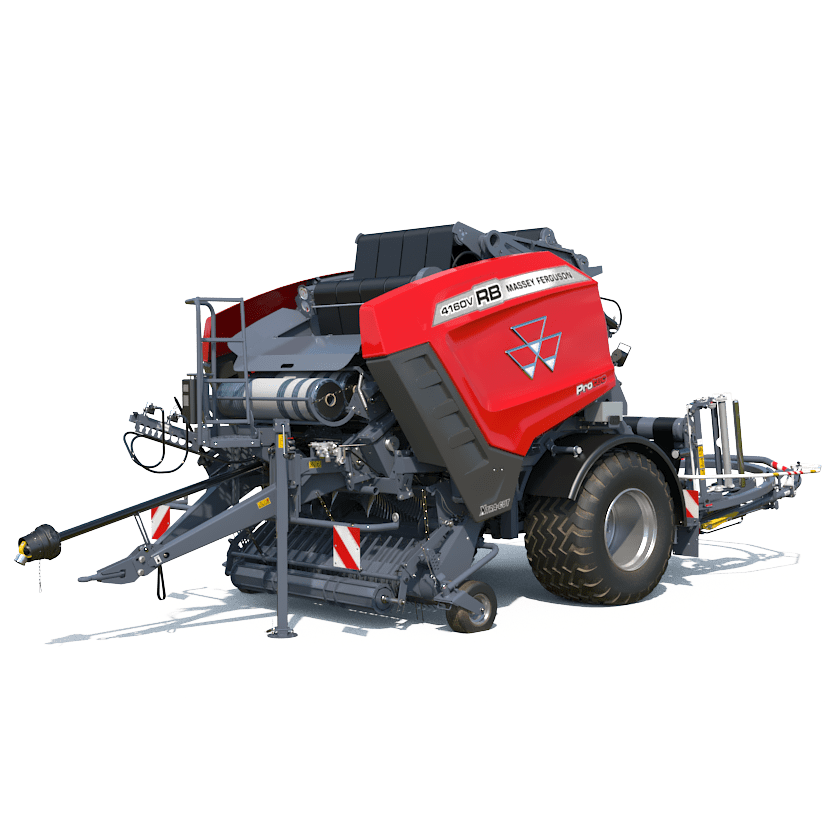


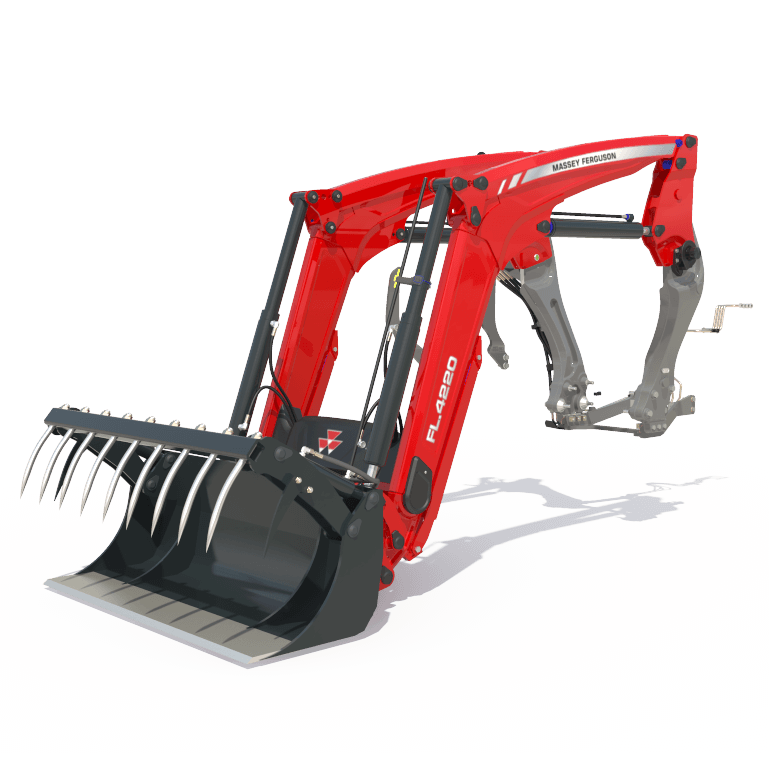
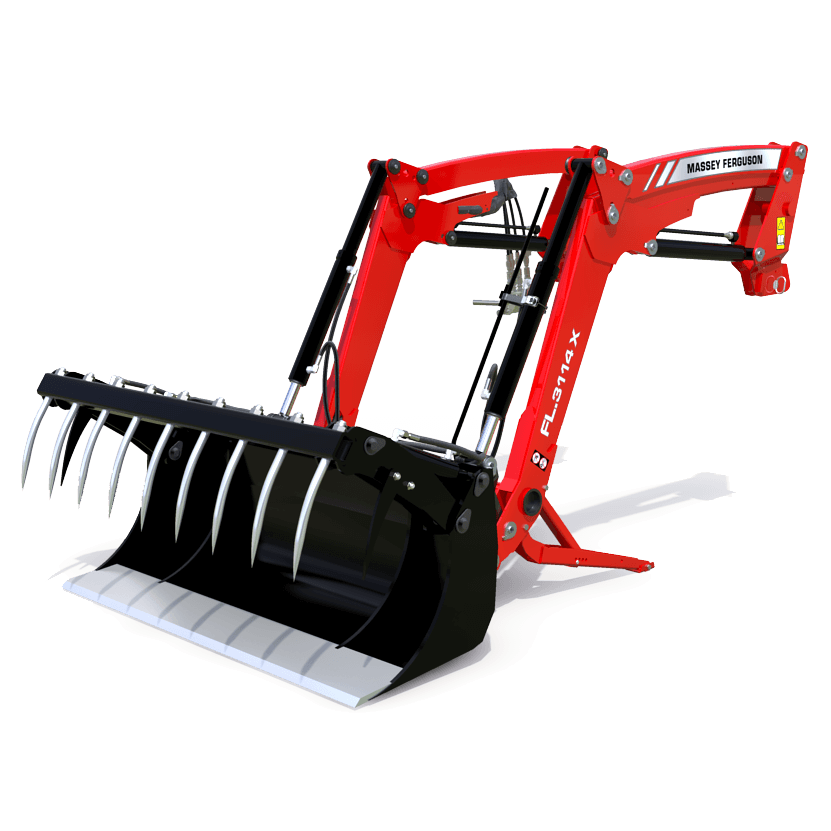

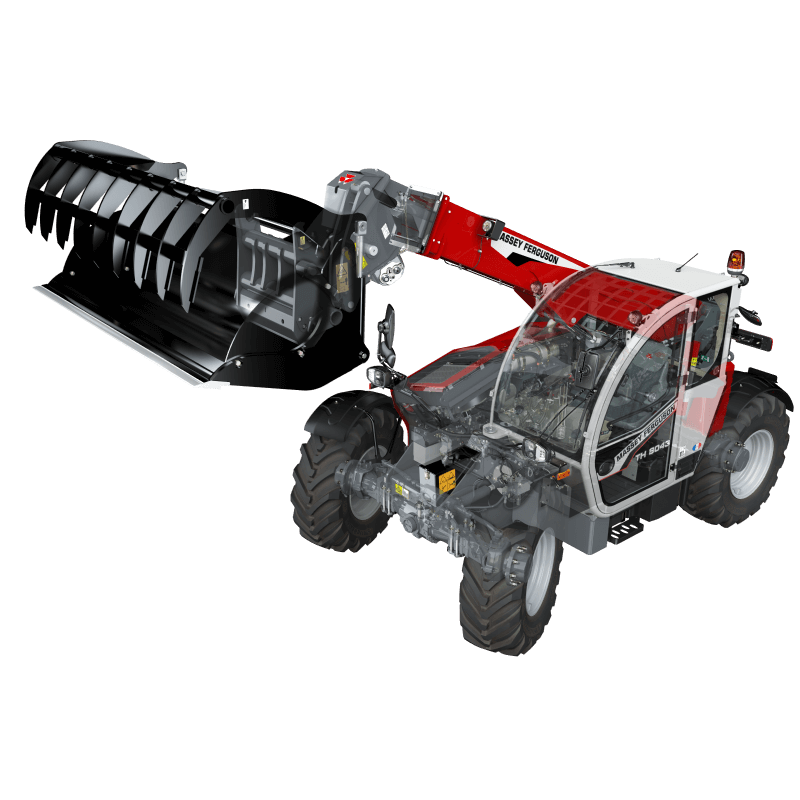







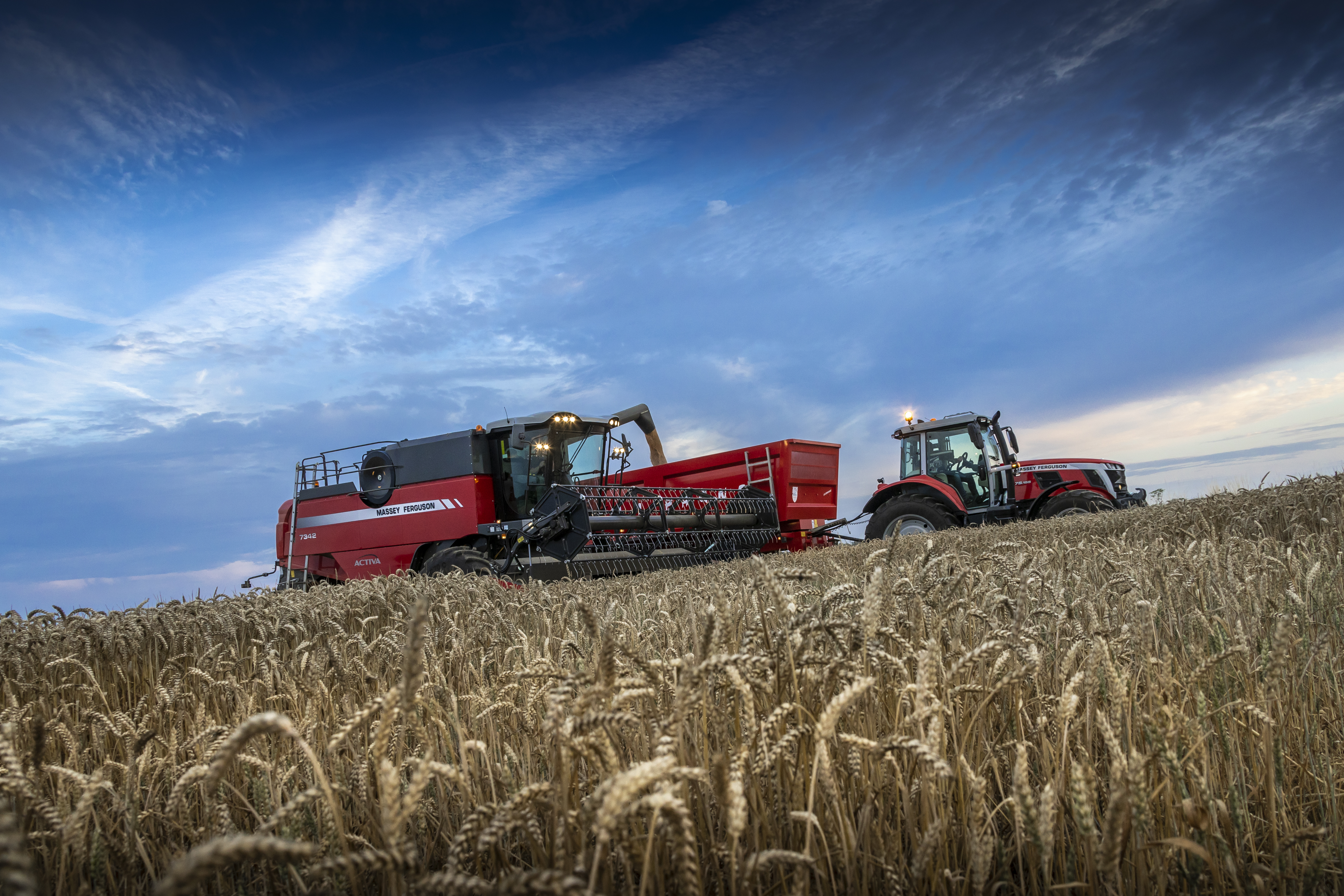
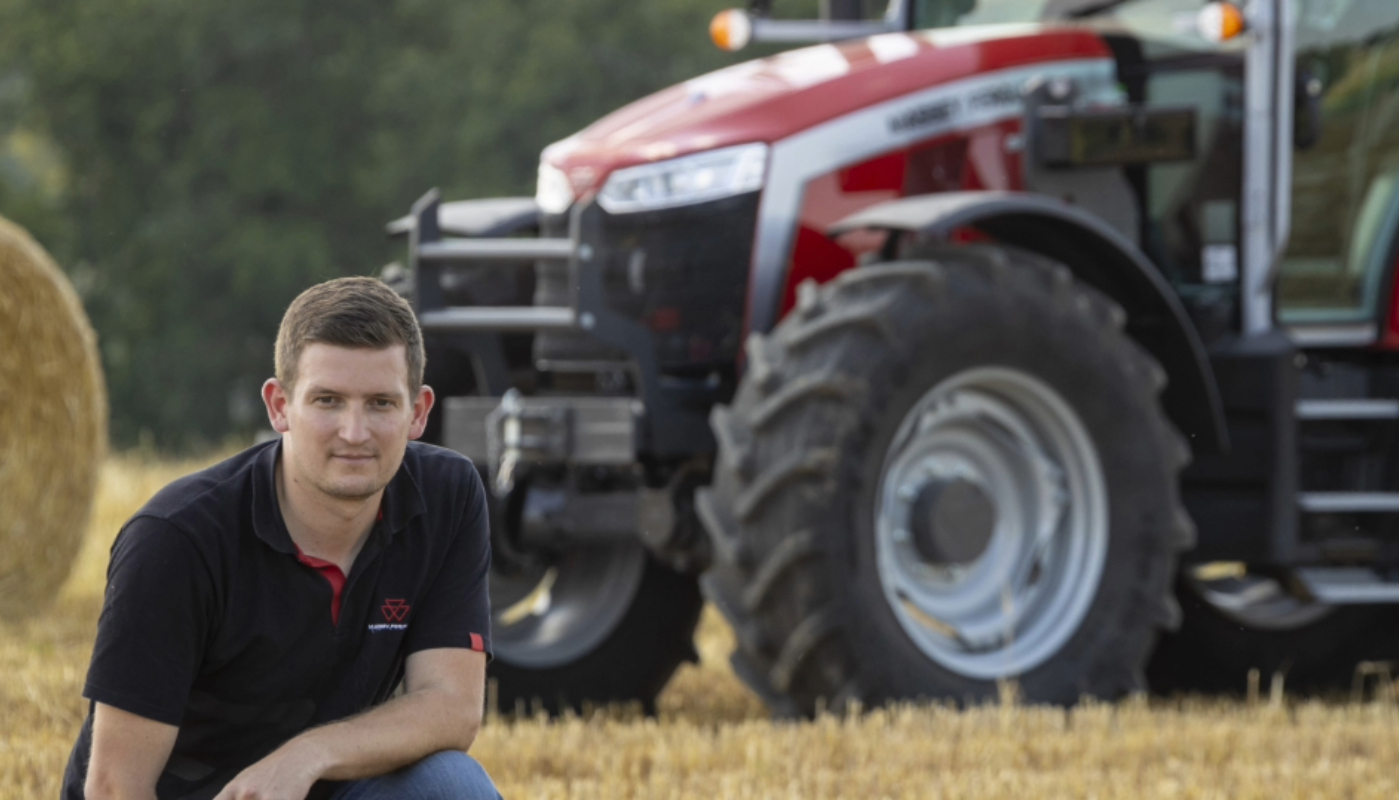

Share